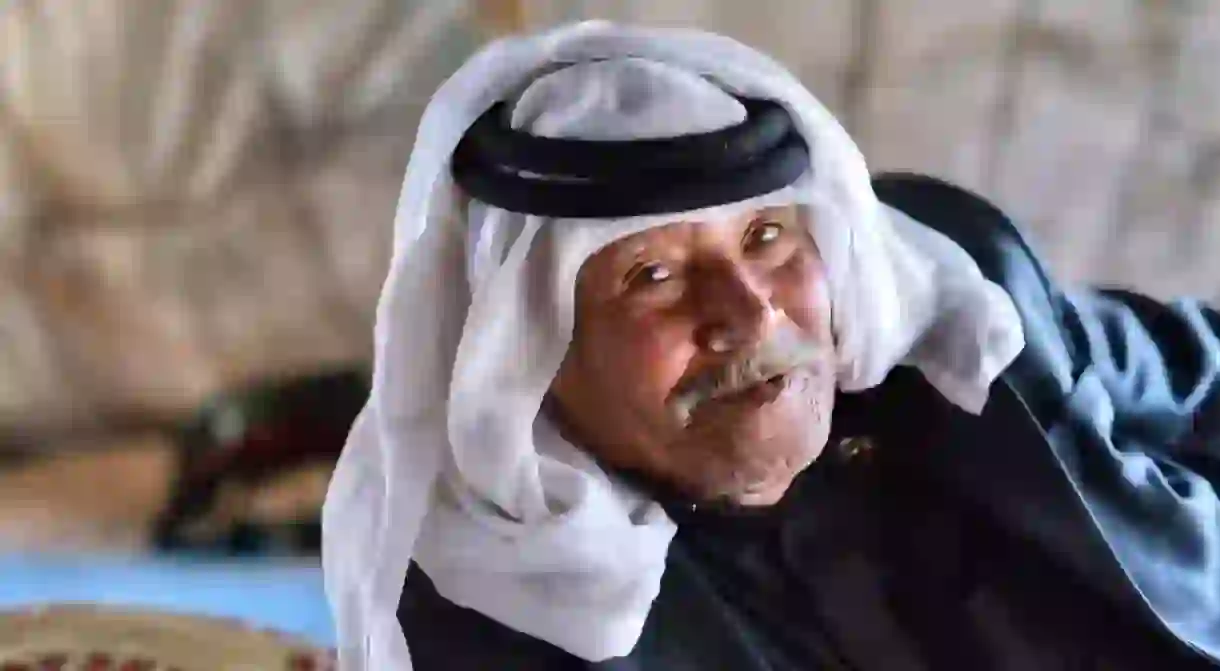10 Customs Only Jordanians Can Understand

Jordanians are known for being one of the most generous Arabian people. They wholeheartedly offer you their food, homes, help, and company. Along with their trademark hospitality come common customs, some endearing and some strange, only understood by locals (sometimes not even by them).
Parents call their children “Mom” and “Dad.”
A cute pet name has evolved over the years to a mother or father sometimes referring to their children as “mom” or “dad.” So don’t be surprised if your Jordanian friend’s father asks, “How was your day, Baba?”

Offering food is a must, accepting it is rude.
This rule is a bit complicated. Jordanians love offering their food, whether it’s a bite of their sandwich or an invitation to a family dinner. Offer food to anyone sharing your company; a local repeatedly refusing gives the impression that they’re too polite to intrude on the meal, but a foreigner refusing a food offer will insult the person offering it.

Plastic bags live inside another plastic bag.
Jordanians don’t use eco bags when grocery shopping, so a family leaves the supermarket with over a dozen plastic bags. And every Jordanian home has a plastic bag containing all the other plastic bags, which are used to line trash cans or store even more plastic bags in later on.

Everybody cleans up everything, everywhere.
To be honest, this tradition is not understood even by Jordanians themselves. Whenever a family expects guests, everyone rushes into a manic cleaning race. Every part of the house is cleaned and tidied, even those that the guests wouldn’t consider reaching, such as the bedrooms. Nevertheless, Jordanian mothers’ orders must be followed.
Every single guest must be greeted.
Greeting the large number of visiting guests or relatives can be more stressful than expected. Each and every one of them must be greeted with customary cheek kissing, and that takes a rather long while (especially when a certain old auntie hasn’t see you in a while and pulls you in for more kisses). This is also why handshakes are impractical—imagine how much more time that would add to the ritual.

No one stands in line.
Jordanians tend to ignore organization in any form, in any situation. Most Jordanians abhor anyone disrespecting a line (already a rare phenomenon) and will complain about it—but they do it themselves anyway!
Nothing is useless.
Empty food containers like jars, bottles, and bags are never thrown away. Nutella jars store spices, Coca-Cola bottles hold olive oil, and even a rice canvas bag can store most of a person’s belongings in a pinch.

Insults are better than chocolate and roses.
Calling each other insulting names among family and friends is a way of showing love. In fact, a person addressed politely by a close friend would be deeply surprised and would question their friend’s intentions.

Making fun of accents is a local hobby.
Jordan is home to Palestinians, Syrians, Iraqis, Lebanese, and many more Arab nationalities. It’s a common pasttime to make fun of someone speaking in a different Arab accent; in fact, that person would join in. Such action is very rarely taken offensively because almost all Arabs have a common understanding of traditions that might be incomprehensible to foreigners.
Saying goodbye is a conversation starter.
Bidding goodbye to someone on the phone or to guests at the door usually turns into a whole new conversation—and truth be told, no one knows why! A simple goodbye can turn into another hour on the phone or standing by the door until everyone realizes they’ve been standing too long and has a good laugh about it.













